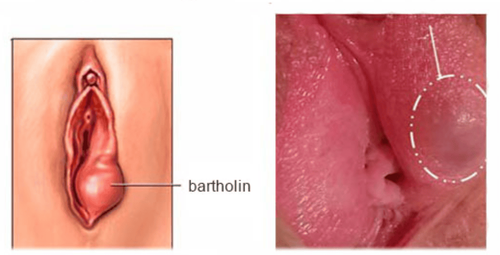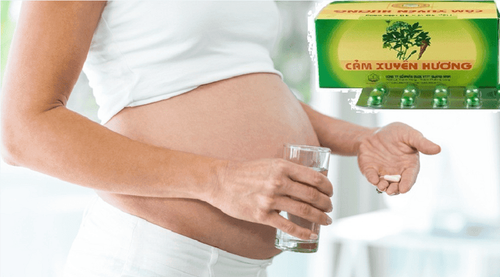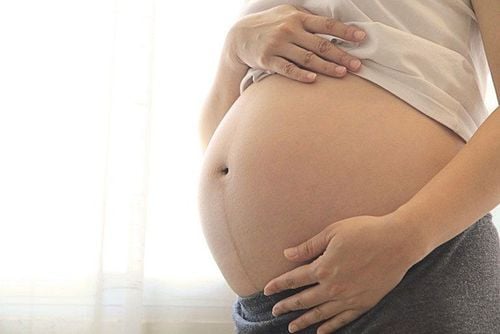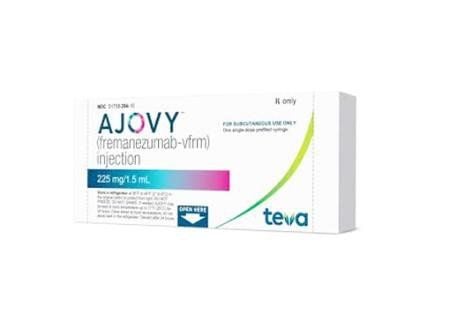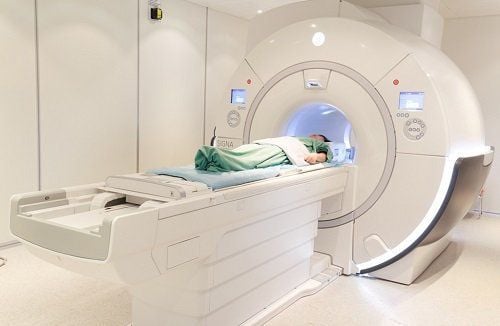This is an automatically translated article.
Several factors can make a pregnancy high-risk, including the mother's current health condition, age and lifestyle, as well as problems that occurred before or during the pregnancy. However, the specific risks that affect each pregnancy are different.
1. Current health status
High blood pressure Although high blood pressure can be dangerous for the mother and fetus, most women with mild blood pressure and no other medical conditions will have a safe pregnancy, and give birth to a healthy baby if given control. good control. However, uncontrolled high blood pressure can damage a mother's kidneys and increase the risk of having a baby with low birth weight or preeclampsia. Women must check their blood pressure at each prenatal visit so that doctors can detect abnormalities and treat them promptly.
Polycystic ovary syndrome (PCOS) Women with PCOS have a high rate of miscarriage before 20 weeks of pregnancy, gestational diabetes, preeclampsia, and forced cesarean section.
Diabetes It is important for women with diabetes to control blood sugar before pregnancy and throughout pregnancy. During the first few weeks, often before a woman knows she's pregnant, high blood sugar can cause birth defects. Even with well-controlled diabetes, metabolism during pregnancy requires extra care or treatment. Babies of mothers with diabetes tend to be overweight and have low blood sugar soon after birth.

Tiểu đường thai kỳ nguy hiểm cho cả mẹ và bé
Kidney disease Women with mild kidney disease often have healthy pregnancies. But if the disease is severe, it can make it difficult to get pregnant as well as put the pregnancy at high risk of premature birth, low birth weight, and preeclampsia.
Autoimmune diseases Diseases such as lupus and multiple sclerosis can increase a woman's risk of health problems during pregnancy and childbirth.
Thyroid disease Uncontrolled hypothyroidism or hyperthyroidism can cause problems for the unborn baby, including heart failure, poor weight gain, and problems with brain development.
Obesity Obesity before pregnancy leads to a high risk of pregnancy complications. For example, obesity increases the risk of gestational diabetes, a larger-than-normal fetus, difficult delivery, increased risk of sleep apnea and breathing disorders during pregnancy, and heart problems. of the baby.
HIV / AIDS HIV can be passed to an unborn baby during pregnancy, labor and delivery as well as while breastfeeding.
Zika Infection Mothers infected with Zika shortly before and during pregnancy are at increased risk of having babies with brain and nervous system problems, most notably microcephaly. Zika infection during pregnancy can also increase the risk of miscarriage and stillbirth.
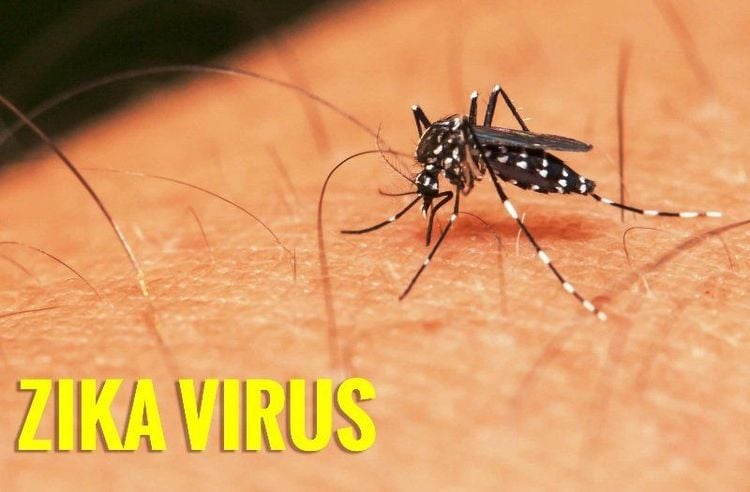
Nhiễm Zika khi mang thai có thể làm tăng nguy cơ sảy thai và thai chết lưu.
2. Age
2.1. Young
Pregnant teenagers are more likely to have high blood pressure and pregnancy-related anemia, as well as early labor and premature birth. Young women often don't know they have STIs, which can put a high-risk pregnancy or affect their baby. Young people also receive little prenatal care or scheduled antenatal care, thereby not being able to assess, identify and treat risks, and misuse some drugs that are not safe for pregnancy.
2.2. Old
Research shows that women who become pregnant for the first time after the age of 35 are more likely to have higher-risk pregnancies than younger women, including:
High blood pressure and gestational diabetes Loss of pregnancy Ectopic pregnancy (can life-threatening) C-section Birth complications, such as bleeding Prolonged labor (more than 20 hours) Genetic disorders in the newborn, such as Down syndrome.

Phụ nữ mang thai muộn sẽ tăng nguy cơ huyết áp cao
3. Lifestyle factors
Drinking alcohol Drinking alcohol during pregnancy can increase your risk of Fetal Alcohol Syndromes (FASDs), sudden infant death and other problems. Maternal drinking during pregnancy causes a range of mild to severe effects on the fetus, including: intellectual and developmental disabilities; behavioral disorders; unusual facial features; disorders of the heart, kidneys, bones and hearing. Women who drink alcohol are also more likely to have a miscarriage or stillbirth. Newborns can have long-term developmental problems even with low levels of alcohol exposure before birth.
Smoking Smoking while pregnant puts your baby at risk for premature birth, birth defects, and sudden infant death syndrome (SIDS). According to one study, smoking increases the risk of stillbirth by 2-3 times, leading to changes in the immune system of the newborn. Exposure to secondhand smoke also exposes women and their unborn babies to many health risks.
Drug use Smoking marijuana and taking drugs during pregnancy also harms the unborn baby and affects the health of the newborn, doubles the risk of stillbirth, interferes with the normal brain development of the fetus. fetus and cause long-term problems.
4. Pregnancy Status
Multiple pregnancy Having twins, triplets or more - known as multiple pregnancy , increases the risk of the baby being born prematurely (before 37 weeks of pregnancy). Having three or more children increases your chances of having a baby by cesarean section. Twins and triplets are usually smaller than single babies. If the baby is born prematurely, it is also easy to have difficulty breathing.
Gestational diabetes Gestational diabetes occurs when a woman does not have diabetes and only develops the disease during pregnancy. Gestational diabetes can cause problems for both mother and fetus, including premature labor, premature birth, and high blood pressure. It also puts the mother and child at increased risk of developing type 2 diabetes in the future. Many women with gestational diabetes can still give birth to healthy babies if their health is taken care of and the condition is well controlled.
Preeclampsia and eclampsia Preeclampsia is a condition in which a woman's blood pressure rises suddenly after the 20th week of pregnancy, affecting the mother's kidneys, liver and brain. This condition can be fatal for both mother and unborn baby, or cause long-term health problems. Eclampsia is a more severe form of preeclampsia, which includes seizures and coma.
Previous preterm birth Women who went into labor or gave birth early (before 37 weeks of pregnancy) in a previous pregnancy are at increased risk for preterm birth in the current pregnancy. Your doctor will monitor women at risk for preterm labor and give progesterone to help delay delivery. In addition, women who continue to become pregnant within 12 months of their last birth also have an increased risk of preterm delivery. Women who have just had a baby should ask their doctor about birth control methods to help delay the next pregnancy.
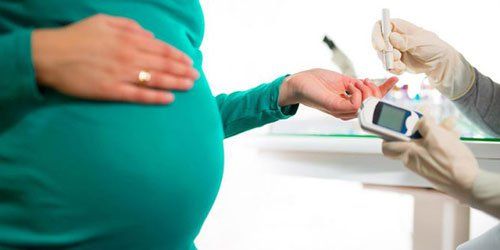
Tiểu đường thai kỳ khiến mẹ bầu tăng nguy cơ thai kỳ
Birth defects or genetic conditions in the fetus In some cases, the doctor can detect health problems in the fetus during pregnancy. Depending on the nature of the problem, high-risk pregnancies require treatment while the baby is still in the womb or soon after birth. For example, if your baby has spina bifida, it can be treated before birth. Some common heart problems in babies with Down syndrome need to be treated with surgery soon after birth.
To protect the health of pregnant women and their babies during pregnancy, Vinmec International General Hospital provides a package of maternity services as a solution to help pregnant women feel secure because of the companionship of the medical team. doctor throughout pregnancy. When choosing Maternity Package, pregnant women can:
The pregnancy process is monitored by a team of highly qualified doctors Regular check-ups, early detection of abnormalities The package pregnancy helps to facilitate convenient for the birthing process Newborns get comprehensive care
Please dial HOTLINE for more information or register for an appointment HERE. Download MyVinmec app to make appointments faster and to manage your bookings easily.
References: nichd.nih.gov




